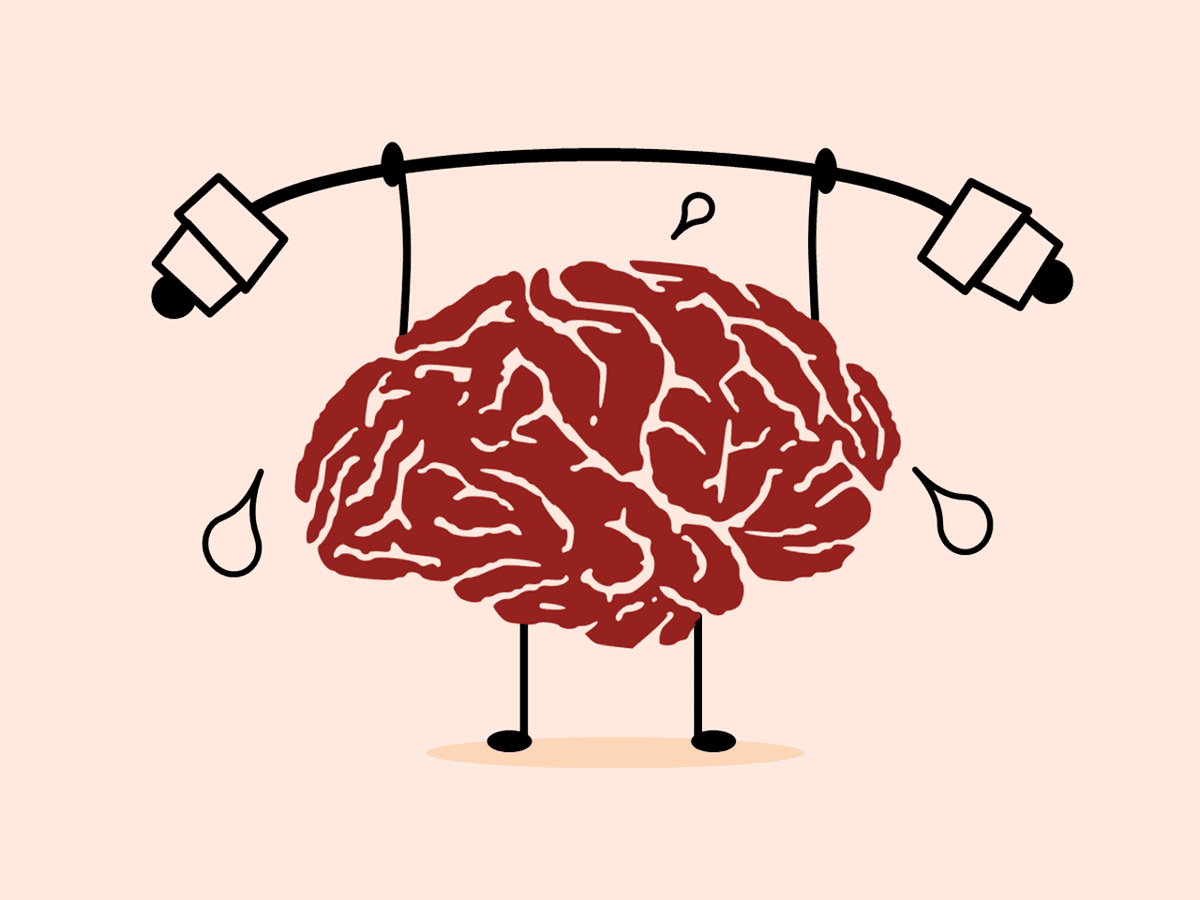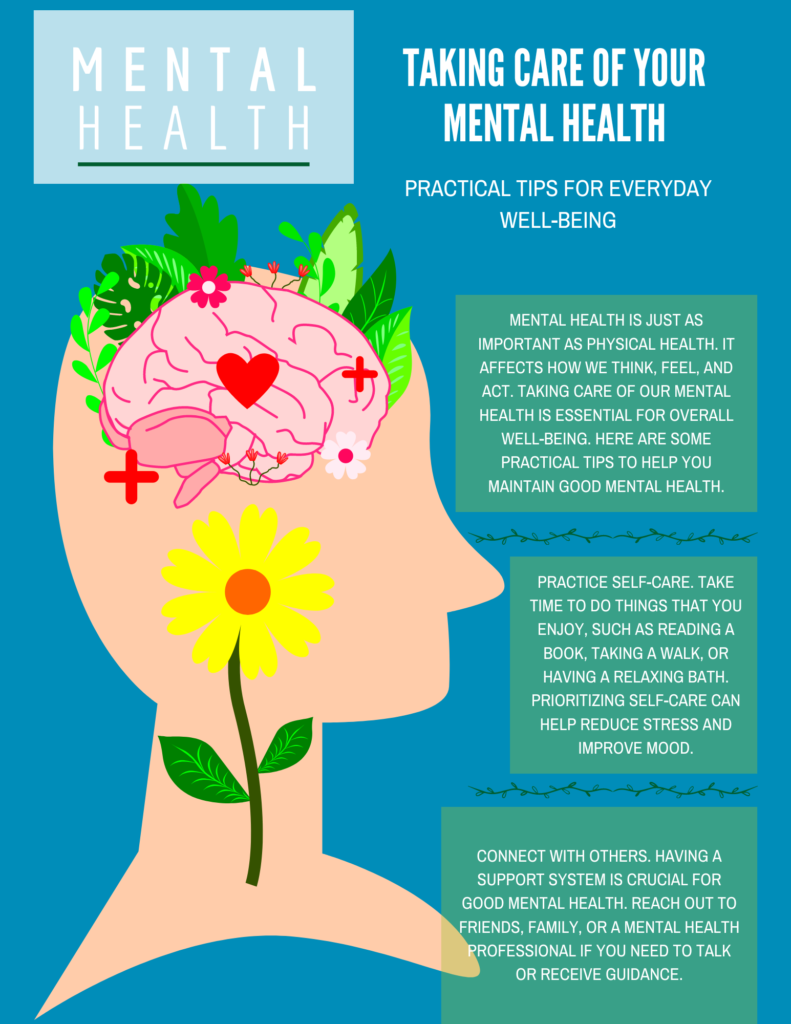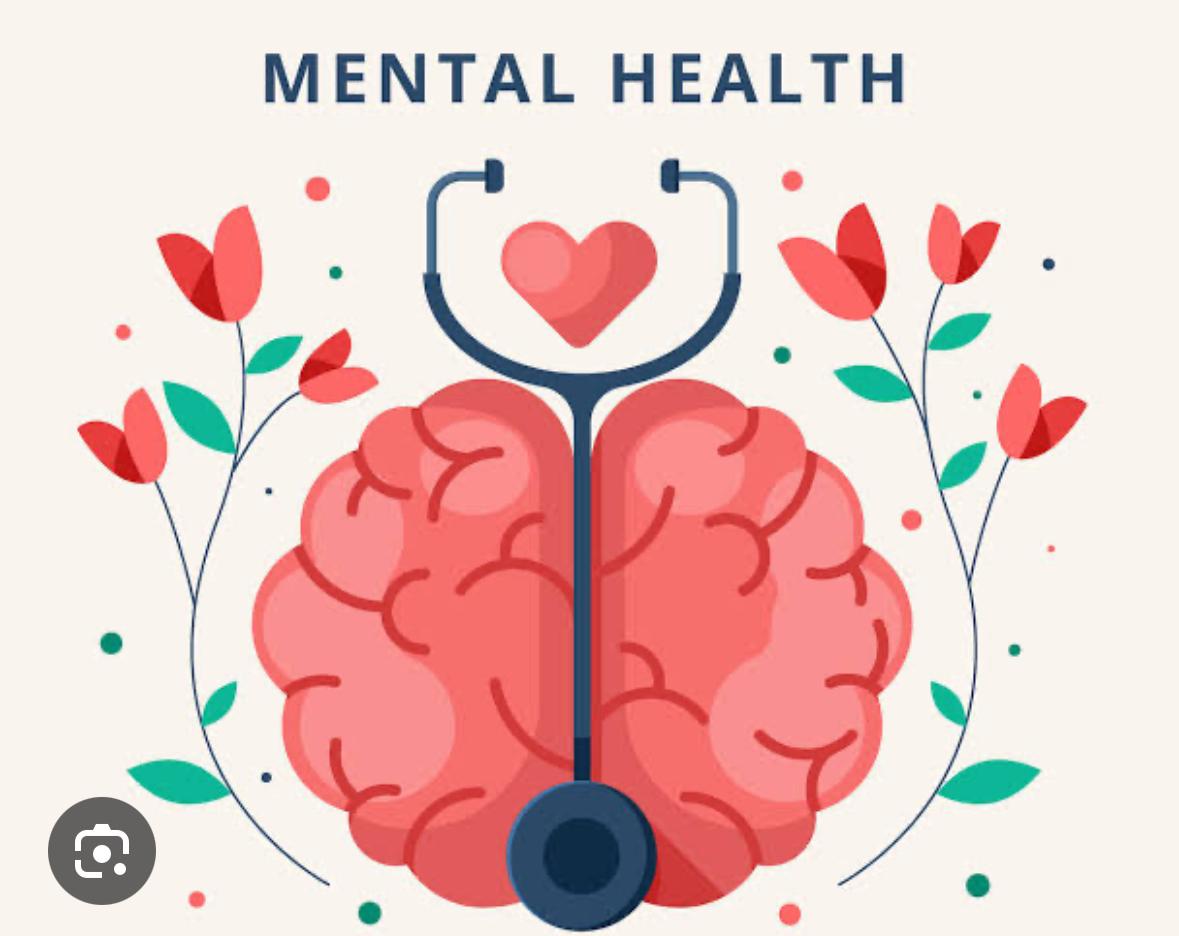What to Expect at an Inpatient Mental Health Facility for Recovery
What to Expect at an Inpatient Mental Health Facility for Recovery
Blog Article
Comprehensive Inpatient Mental Health And Wellness Services for Effective Therapy
Inpatient mental health solutions represent an essential element of the healthcare system, giving a extensive and structured environment for individuals experiencing extreme mental distress. These services employ a multidisciplinary strategy, incorporating numerous evidence-based treatments to attend to the complex needs of patients. Nonetheless, the efficiency of such detailed treatment prolongs beyond immediate stabilization; it additionally incorporates the shift to outpatient assistance, an essential phase frequently overlooked. Discovering the nuances of this continuum reveals significant ramifications for both private recovery and wider psychological health end results. What factors truly influence this change, and just how can we improve its effectiveness?
Recognizing Inpatient Mental Wellness Services
Inpatient psychological wellness solutions supply crucial assistance for individuals experiencing extreme psychological distress that can not be managed properly in an outpatient setting. These solutions are developed to offer an intensive degree of treatment in an organized environment, often within a healthcare facility or specialized facility. People confessed to inpatient programs normally display intense symptoms, such as suicidal ideation, severe anxiety, or psychosis, demanding continuous monitoring and treatment.
The admission process normally includes a detailed assessment by psychological health experts, who evaluate the individual's mindset, background, and prompt needs. As soon as admitted, clients participate in a range of restorative methods customized to their specific demands, consisting of drug management, specific treatment, and group sessions. This holistic technique aims to stabilize the person's problem, advertise safety and security, and foster coping skills.
Inpatient mental health services not only address immediate wellness issues but also work as a bridge to continuous care. By giving a regulated setting, these solutions promote the advancement of treatment plans that can be proceeded in outpatient setups, hence making certain a continuum of care and boosting long-term end results for individuals with intricate mental wellness requirements.
Key Components of Effective Therapy
Effective therapy in inpatient mental wellness services consists of numerous essential elements that cultivate recuperation and stabilization. A thorough evaluation is crucial to identify the individual's details needs and challenges. This assessment informs the advancement of a tailored treatment strategy, which serves as a roadmap for treatment.
An additional important component is the multidisciplinary team strategy. Partnership among psychiatrists, psycho therapists, nurses, and social workers ensures that different viewpoints add to the individual's treatment, boosting the performance of therapy. Evidence-based healing techniques, such as cognitive-behavioral therapy (CBT) and dialectical behavior modification (DBT), are also integral, supplying organized strategies that address maladaptive idea patterns and behavior issues.

Finally, a concentrate on aftercare preparation is critical to guarantee a seamless change to outpatient solutions, decreasing the risk of relapse and advertising lasting health. These cumulative parts develop a reliable therapy structure within inpatient psychological health solutions.
Advantages of Comprehensive Treatment

Detailed treatment in inpatient mental wellness services uses numerous benefits that significantly boost client end results. Among the main benefits is the all natural approach to treatment, dealing with not just the mental signs and symptoms but also the physical, social, and psychological demands of patients. This extensive analysis permits tailored treatments that advertise total wellness.
One more benefit is the integration of multidisciplinary teams, which cultivates cooperation amongst health care experts. This collaborative atmosphere guarantees that patients obtain collaborated care, lowering the threat of fragmented therapy and improving communication among caregivers. Furthermore, comprehensive treatment promotes connection of solutions, permitting smooth changes from inpatient to outpatient settings, which is critical for lasting recuperation.

Lastly, the structured atmosphere of comprehensive inpatient care offers a safe area for people to take part in restorative tasks, assisting them develop dealing strategies and resilience. Collectively, these benefits add to more efficient treatment and enhanced lifestyle for individuals experiencing mental health crises.
Evidence-Based Healing Techniques
In the world of mental wellness treatment, evidence-based therapeutic strategies play a crucial function in ensuring that clients obtain effective and medically supported treatments. These techniques integrate the most effective offered research study with medical knowledge and client worths, promoting a tailored treatment experience that addresses private demands.
Cognitive Behavioral Therapy (CBT) is just one of one of the most widely recognized evidence-based approaches, concentrating on identifying and transforming negative idea patterns and habits. This organized approach has actually demonstrated efficacy in treating problems such as anxiety, ptsd, and stress and anxiety. Dialectical Behavior Therapy (DBT) is particularly efficient for people with borderline personality condition, stressing the development of psychological policy and interpersonal effectiveness skills.
Furthermore, medication administration is usually an important component of evidence-based treatment, as psychotropic medications can reduce symptoms and boost total functioning. Collaborative care designs, which include multidisciplinary groups, even more enhance the efficacy of inpatient solutions by guaranteeing extensive analyses and continuous tracking.
Ultimately, the assimilation of evidence-based restorative techniques not only promotes positive clinical results yet likewise empowers patients, cultivating a feeling of company and durability in their mental health and wellness article source trips.
Transitioning to Outpatient Assistance
The change from inpatient psychological health solutions to outpatient support notes a crucial phase in a patient's this page recovery trip. This period needs mindful planning and sychronisation to make certain connection of treatment and to reduce the threats of relapse or crisis. Effective discharge planning need to start early in the inpatient stay, including a multidisciplinary group that consists of psychiatrists, psycho therapists, registered nurses, and social workers.
Crucial element of a successful change consist of the advancement of a detailed aftercare plan customized to the person's specific requirements. This plan should detail follow-up consultations, drug monitoring, and therapeutic interventions, as well as determine area resources and support system that can help with ongoing recovery.
Furthermore, individual and family members education and learning is essential throughout this stage. Understanding the indicators of potential setbacks and the value of sticking to therapy can equip individuals and their support group.
Regular follow-up and reassessment of the outpatient strategy are necessary to deal with advancing obstacles. By cultivating a collective relationship in between inpatient and outpatient companies, the probability of sustained recuperation boosts, eventually enhancing the person's quality of life and reducing the danger of readmission.

Final Thought
In recap, detailed inpatient mental wellness solutions use a necessary framework for addressing extreme mental distress with a multidisciplinary approach. Ultimately, such extensive care is important for long-term mental health and wellness and wellness.
The admission procedure normally involves a detailed evaluation by mental health professionals, who evaluate the person's psychological state, history, and immediate demands.Reliable treatment in inpatient psychological health and wellness services consists of numerous vital parts that cultivate recuperation and stabilization.Thorough treatment in inpatient mental health and wellness solutions offers many benefits that dramatically boost client outcomes.The change from inpatient mental health solutions to outpatient support marks a crucial stage in a person's recuperation journey.In recap, detailed inpatient mental health and wellness services use a necessary structure for Visit Website dealing with serious psychological distress through a multidisciplinary approach.
Report this page